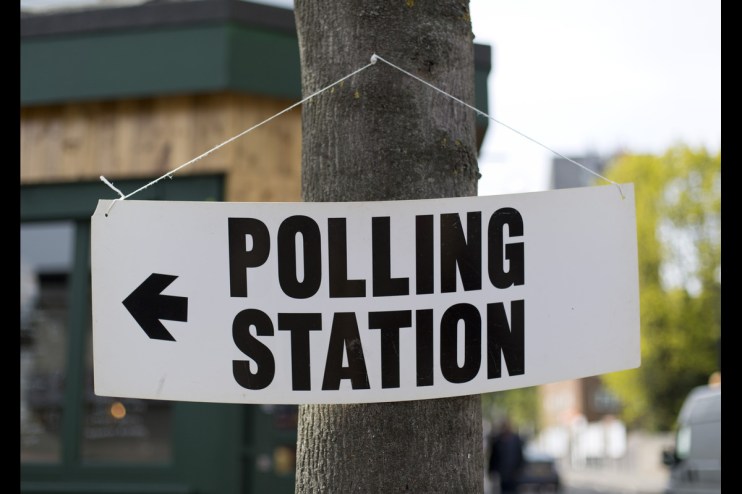
Whether you stayed up all night for Friday’s local election results, or are catching up now over a coffee, there was no shortage of news headlines from the counts across the country.
From Wakefield to Winchester, we’ve rounded up the five unmissable takeaways from a busy night of ballots.
Labour’s by-election run continues
One key contest for Labour, which may end up flying under the radar was its win in Blackpool South after a by-election was called in former Tory MP Scott Benton’s seat.
The party saw this as a chance to claim another scalp ahead of the general election, after Benton was caught up in a gambling lobbying sting, and they won the seat with a 26 per cent swing.
It was the third largest Tory to Labour swing since the second world war and the fifth time 20 percentage point plus swing in the last year-and-a-half.
The result could be more indicative heading into the general election as opposed to the patchwork of local election results.
Tories hold off leadership challenge… for now?
Embattled Conservative MPs won’t have drawn much comfort from the local election results as a whole with Labour gaining 177 councillors so far and the Tories losing 454.
However, with the West Midlands mayoralty still to declare, and Ben Houchen hanging on in Tees Valley, suggestions of the plot to topple Rishi Sunak picking back up are still fairly muted for now.
One Conservative told the BBC while the results suggested the party was “on track for a trashing” at the general election, glimmers of hope in Teesside and elsewhere meant it wasn’t an “extinction level” situation.
That may be true at the moment – but it’s always worth remembering in politics just how quickly things can change.
Risk to Labour from the left over Gaza
One trend we have seen emerge from these results has been Labour suffering losses in wards with a strong Muslim vote over its stance on the Israel-Gaza crisis.
Rochdale MP George Galloway’s Workers Party of Britain won four seats, in Rochdale, Calderdale and Manchester.
This was coupled with a strong showing for smaller parties; with the Liberal Democrats gaining 101 councillors so far, independents gaining 92; and the Greens gaining 66.
However, smaller parties do tend to do better in local election results, as voters tend to vote more tactically at a general election, meaning this may not affect Labour as much later this year.
But the party could still risk losing support to pro-Palestinian candidates over its approach to the situation in the Middle East.
Reform UK support yet to translate into seats
Despite securing their first MP after Lee Anderson joined the parliamentary party, Reform UK is yet to see its level of support translate into many seats at the council level.
They almost beat the Tories in Blackpool South, with just 117 votes shy, in its most successful outing so far in a by-election.
However, while this may worry the Conservatives, with Reform polling steadily closer and closer to them, they have only picked up two council seats so far, in Havant, Portsmouth.
The party did not stand a full slate of candidates – indicating that while nationwide support may be rising, it’s yet to be condensed enough in particular areas to secure outright wins.
Voter ID laws cause political friction
Finally, if you picked up one political story on Thursday or Friday, it was likely to be that Boris Johnson – who brought in the voter ID laws as Prime Minister – was turned away from a polling station after reportedly forgetting his photo ID.
The former PM wrote in the Daily Mail: “I want to pay a particular tribute to the three villagers who on Thursday rightly turned me away when I appeared in the polling station with nothing to prove my identity except the sleeve of my copy of Prospect magazine, on which my name and address had been printed.
“I showed it to them and they looked very dubious… within minutes I was back with my driving licence and voted Tory.”
But the UK’s election monitoring body the Electoral Commission has said “most voters” were able to cast their ballots despite the ID requirements.
“Our initial assessment of the elections is that they were well-run, and millions of voters were able to exercise their democratic rights,” a spokesman said.
The Commission will now collect evidence to review the impact of voter ID rules on these elections.

